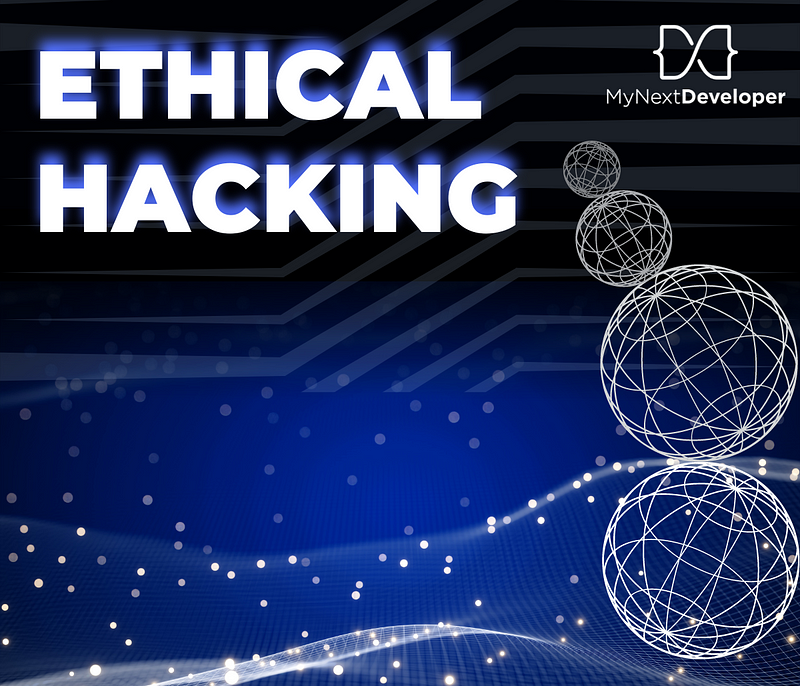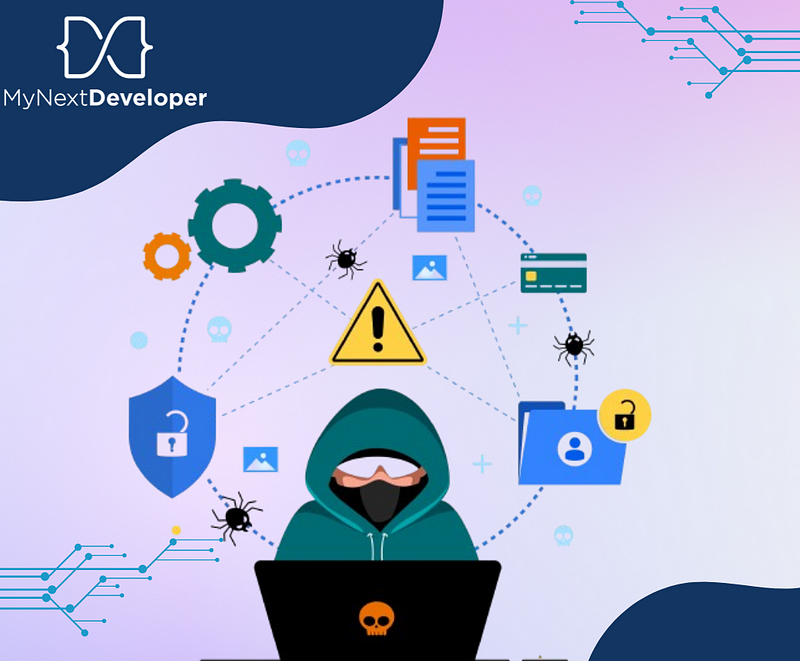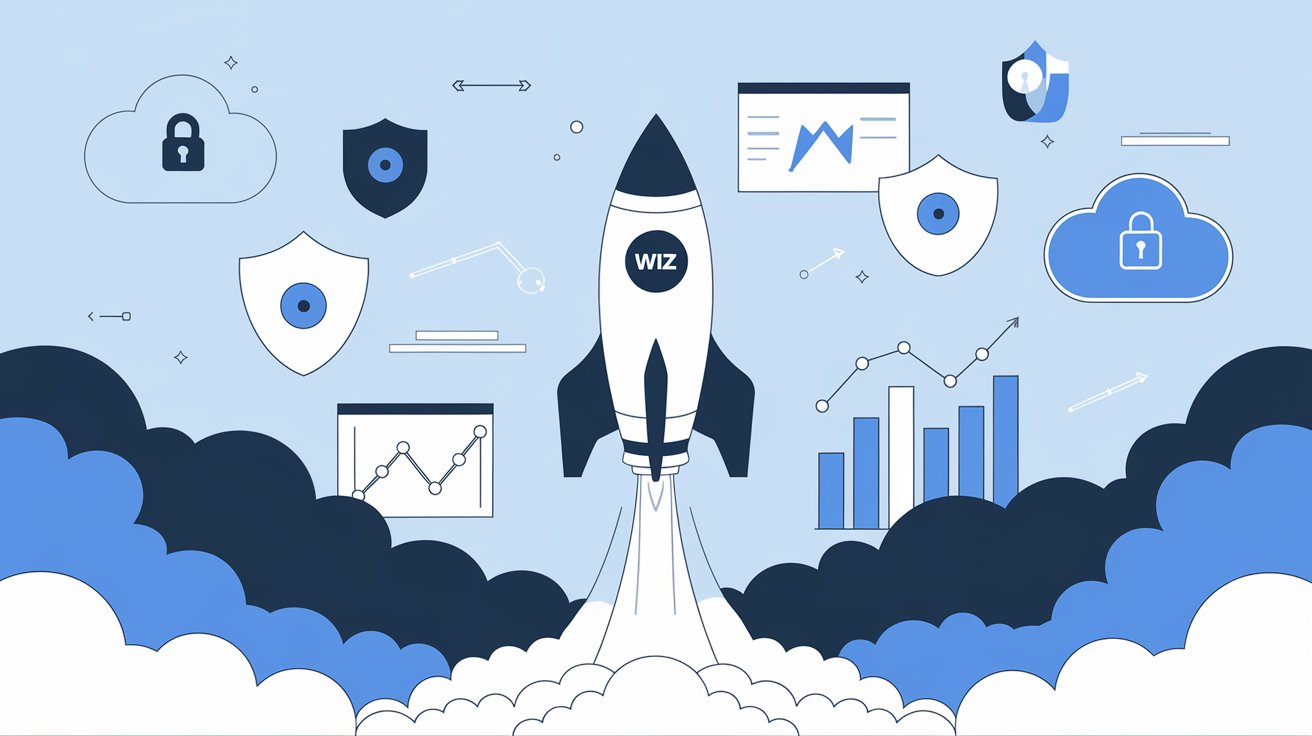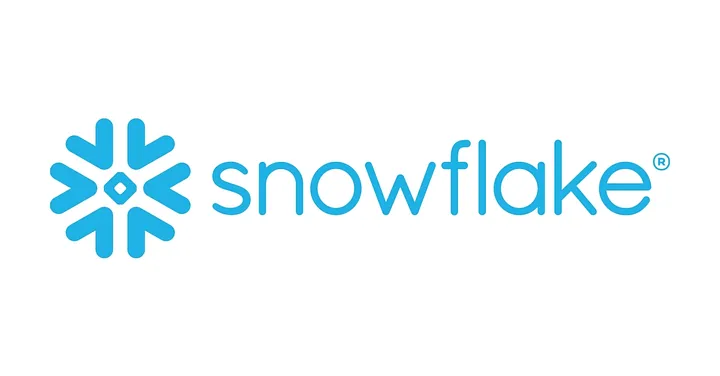What are Some Ethical Considerations for Bug Bounty Hunters When Negotiating Rewards or Disclosing…
What are Some Ethical Considerations for Bug Bounty Hunters When Negotiating Rewards or Disclosing Vulnerabilities?
In the ever-evolving world of cybersecurity, the profession of bug bounty hunting is booming like never before! Bug bounty hunters are also known as ethical hackers who play an important role in identifying any scope of vulnerability and fully securing digital ecosystems. A bug bounty is an ethical process defined by a clear scope and guidelines. It is a way of preventing hackers from finding liability and using critical information to extract money from the targeted company.
It was disclosed by Uber that a bunch of hackers had stolen a total of 57 million driver and rider accounts and that the company had kept the data breach secret for more than a year after paying a ransom of $100,000. It was later revealed to the world that the major transportation company had intentionally made the ransom look like it was made through the company’s bug bounty program and that no details regarding the payment to the hacker were ever heard of which indicated a clear case of money extortion.

Why Ethics Matter in Bug Bounties?
Ethics are considered the foundation of successful bug bounty programs. The entire system would shred to pieces without them. Ethical bug bounty hunters responsibly disclose vulnerabilities to companies through proper means, giving them enough time to rectify the issue before it is made common knowledge. This practice protects users from potential threats. Not only this but ethical negotiation around rewards paves the way for a trusting relationship between hunters and companies to build. On the other hand, unethical behaviour such as exploiting vulnerabilities or demanding huge sums of money as blackmail, not only tarnishes the company’s name in the public eye but also tends to weaken the entire bug bounty ecosystem as a whole.
Also, organizations work under the fundamental responsibility to disclose the breach, if any, to alert and reduce the risk to those impacted. By informing users of the liability, they can take measures to divert any more damage, such as changing passwords or even monitoring accounts for any suspicious activity. Giving in to the demands of the hackers sets a bad example as well as breaks the law. It potentially invites similar future attacks and encourages the hackers with absolutely no tinge of guarantee that the data won’t be leaked anyway. Responsible organizations put user security first even when difficult situations arise.
Here are some ethical considerations for bug bounty hunters:
- Responsible Disclosure: Bug bounty hunters should always adhere to responsible disclosure practices. This suggests informing the company about the vulnerability promptly and allowing them a good amount of time to find a suitable solution to the problem before publicly disclosing the details.
- Fair Compensation: The negotiation must be conducted in an ethical and fair manner. Bug bounty hunters should consider the severity and impact of the issue, as well as the resources required to find and report it.
- Maintaining Transparency: Transparency is the cornerstone throughout the negotiating process. Bug bounty hunters should clearly communicate and state all the information before the organization or company.
- Non-Disclosure Agreements (NDAs): It is equally important to respect the morals of any confidentiality agreements or NDAs as a matter. This restricts the hunters from disclosing any critical information without proper authorization.
- Avoiding Inconvenience to the Users: Bug bounty hunters should always help users, organizations, or systems and put them away from harm’s way. They should never engage in any sort of exploiting activities that could jeopardise sensitive data.
- Showing Professionalism: Hunters should act in a professional way at all times. This means not showing aggressive body language or making use of foul words, and fully cooperating with any requests or requirements through the negotiation process.

Understanding the Ethical Hacker Mindset:
Aside from ethical considerations, having an ethical hacker mindset is equally important. As known, what drives ethical hackers is often more than just financial rewards. A survey suggests that money is the biggest motivator in this context, where the average salary for a certified ethical hacker is as much as $60 per hour. There are other motivations as well that help them do their job better. One of them is the need to create a safer and more secure digital world. Imagine having the power to prevent cyber-attacks, and protecting sensitive company and user information. They possess the skills and the correct mindset to conduct the same.
Moreover, ethical hackers find satisfaction in conducting responsible vulnerability hunting. It is as good as solving a challenging mystery or a puzzle to them. When they report these technical vulnerabilities to companies, they understand that they are not just pointing out flaws but are contributing to strengthening defences, thus preventing future breaches. That is one such sense of achievement that is way beyond receiving a monetary reward.
Being an ethical hacker also requires a curious mindset and an aptitude for technology. They must have a healthy knowledge of how cybersecurity and ethics work hand in hand. In addition, they value collaboration with other members of the cybersecurity community, realizing that implementing cybersecurity is a joint effort and that by putting in team efforts, they can stay one step ahead of cybercriminals. Whether it is sharing valuable insights, techniques, or best practices, ethical hackers know that collective wisdom is the best way to mitigate risks, without causing panic or chaos.
In short, the ethical hacker mindset is one filled with purpose, passion, and principle. It is all about using their technical expertise for the greater good of the digital landscape. They are the guardians of the digital arena, constantly fighting to keep us all safe from the threats of cyber crimes.
Following are Some Practical Steps to Cultivate an Ethical Hacker Mindset:

- Embrace Curiosity: Every ethical hacker must inculcate the art of curiosity. They must show the desire to understand how things work, from learning about computer systems to networks, and advanced technology to systems. Ask questions, try out new sets of ideas, and most importantly, have a never-say-die attitude.
- Learn Programming: In-depth learning of programming skills like Python or JavaScript is a must for every hacker to excel. Understanding the same will help analyze, automate, and uncover vulnerabilities.
- Learn Networking and Systems: Develop a solid foundation in computer networks, operating systems, and their interconnections. This will help to identify potential vulnerabilities and rectify them in time.
- Learn Cybersecurity: Learning how to navigate through the doors of cybersecurity is the crux of ethical hacking. Continuous learning in this field is extremely important.
- Engage With the Hacking Community: Connect with the ever-increasing hacking community and explore the chances to learn, share, and collaborate. Remember that the ability to collaborate and share knowledge is vital to grow in the hacker community.
- Remember Ethics and Responsibility: As one excels further, it is crucial to approach hacking ethically and understand the legal and privacy boundaries around cybersecurity.
Conclusion:
In conclusion, bug bounty hunting plays a pivotal part in creating a safer and more secure digital environment while also maintaining trust and integrity during negotiating rewards or disclosing vulnerabilities between hunters, companies and users. As responsible ethical hackers, bug bounty hunters should uphold ethical considerations such as maintaining transparency, and professionalism, and signing NDAs, etc. since they are all essential pillars of ethical bug bounty-hunting practices.
The blog also indicates understanding the mindset of an ethical hacker and finding the motivation that drives them the most. It also lists down steps to cultivate an ethical hacker mindset by learning the crux of programming and cybersecurity. Thus, adhering to ethical considerations is a must to ensure user safety and security in the complex digital world.
Ready to build your tech dream team?
Explore MyNextDeveloper, where you can discover the top 3% of software engineers passionate about innovation. Our on-demand, dedicated, and comprehensive software talent solutions are here to provide you with a one-stop answer for all your software needs.
Visit our website to see how we can help you build your ideal team.





